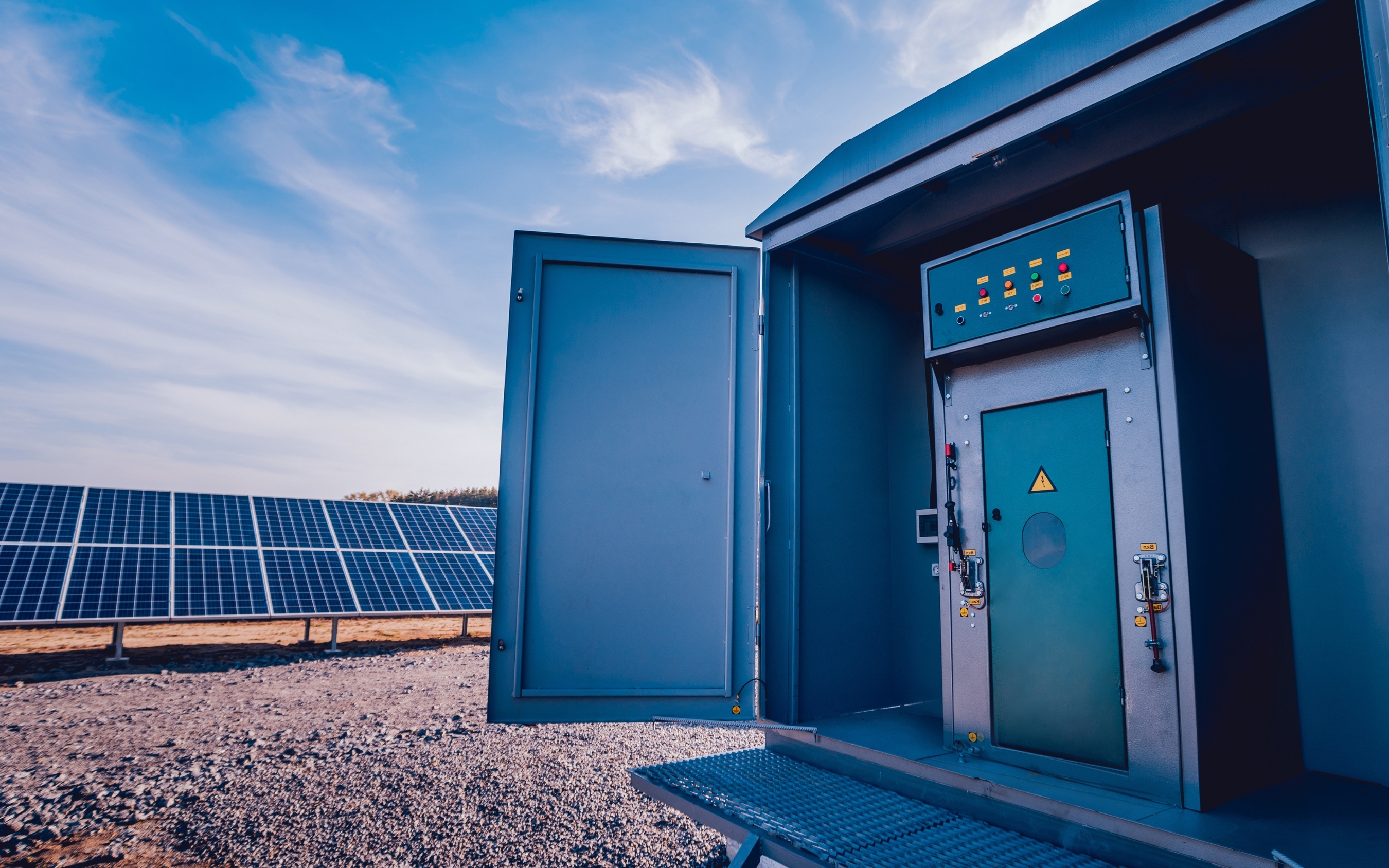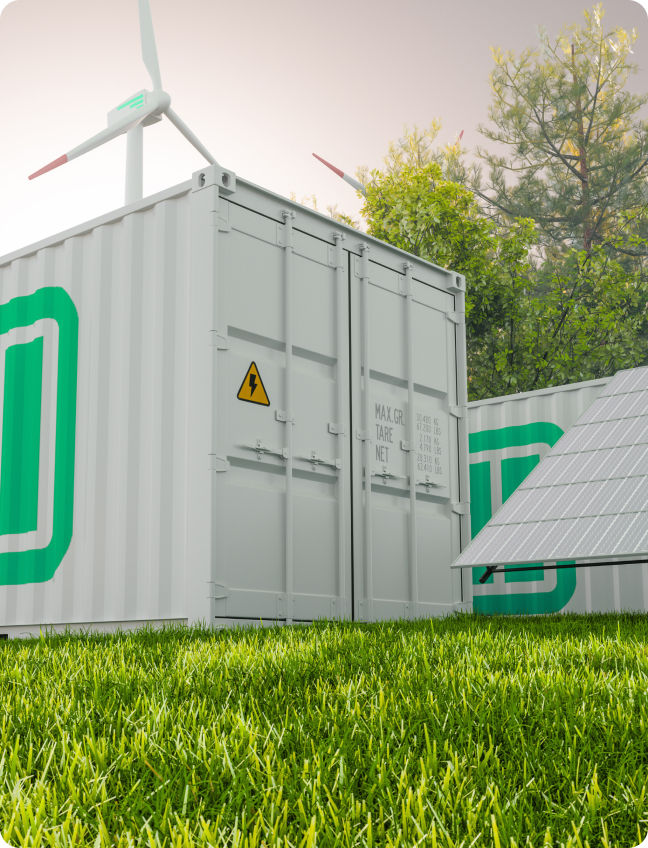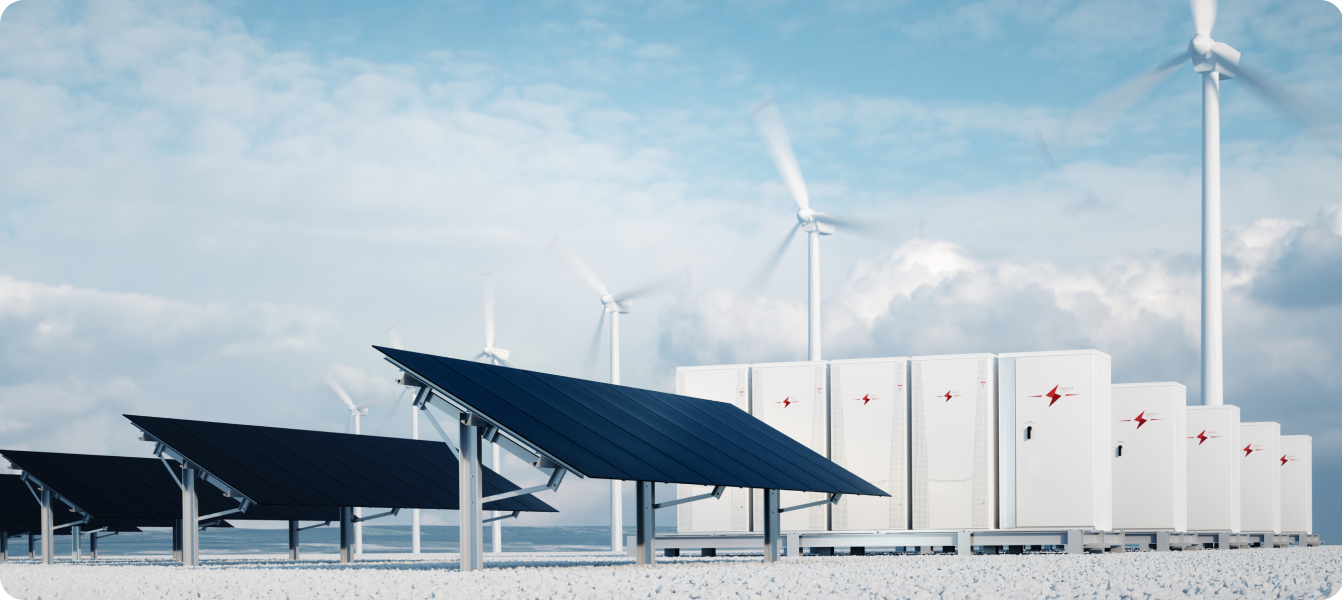
Tap the potential of emissions-free, low-cost solar energy



Your partner in
the energy revolution
01
02
03
Discover the benefits of Arvio
commercial energy storage solutions




Your project partner in
energy optimisation

Advanced commercial energy
storage solutions for all industries
Frequently asked questions
Battery Energy Storage Systems (BESS) are advanced solutions that store electricity in rechargeable batteries for later use. They play a crucial role in balancing energy supply and demand, especially as renewable energy sources like solar and wind become more prevalent and introduce variability into the grid
ARVIO Titan Long life BESS is designed for exceptional durability and longevity, distinguishing itself from most conventional battery technologies.
Key Lifespan Details
Estimated Lifespan: The ARVIO Titan battery system is engineered to last over 34 years, with no observed degradation or loss of performance after extensive stress testing. Specifically, the batteries have been cycled 14,000 times (equivalent to 34 years of daily use) without any measurable decline in capacity or efficiency.
Technology: The Titan system uses lithium-titanate (LTO) chemistry, known for its high cycle life and robust safety characteristics.
Cycle Life: The batteries are designed to handle frequent cycling—up to twelve cycles per day in testing—without performance loss, far exceeding the typical cycle life of standard lithium-ion or lead-acid batteries.
Combining solar panels with energy storage systems, such as batteries, allows you to maximize the benefits of solar power by storing excess energy for use when the sun isn't shining. Here’s how the process works and what you need to know:
During the day, your solar panels generate electricity from sunlight. This
electricity is first used to power your immediate needs.
Any surplus electricity that isn’t used right away can be stored in a
battery system instead of being sent back to the grid.
When your solar panels aren’t producing enough electricity—such as at
night, during cloudy weather, or during periods of high demand—you can draw on the stored energy from your battery to power your requirements.
If your battery is depleted and your solar panels aren’t generating power,
your system will automatically draw electricity from the grid as usual
Battery energy storage itself is not classified as renewable energy, but it is a critical enabler and integrator of renewable energy sources.
What Is Battery Energy Storage?
Battery energy storage systems (BESS) are devices that store electricity, which can be generated from any source—renewable (like solar and wind) or non-renewable (such as coal or gas)—and release it when needed. The batteries themselves do not generate energy; they store energy produced elsewhere.
Relationship with Renewable Energy
Enabler of Renewables: Battery storage is essential for integrating renewable energy into the grid because it allows surplus energy generated during periods of high wind or sunshine to be stored and used later, such as at night or when the wind isn’t blowing. This helps overcome the intermittency of renewables and ensures a more stable and reliable power supply.
Decarbonization Role: By storing renewable energy, batteries reduce reliance on fossil-fuel peaking plants, supporting a transition to a low-carbon or net-zero energy system.
Policy and Incentives: Some government schemes, such as Australia’s Small-scale Renewable Energy Scheme, recognize battery storage as an eligible technology when paired with renewable generation, further highlighting its role in supporting renewables.
What Determines If the Stored Energy Is Renewable?
Source Matters: The “renewability” of the energy stored in a battery
depends entirely on the source of the electricity used to charge it. If a
battery is charged with solar, wind, or other renewable energy, then the stored energy is renewable. If charged from the grid mix or fossil
sources, the stored energy is not renewable
Grid Stability and Reliability
Battery energy storage systems can absorb or release electricity almost instantly, making them highly effective at balancing supply and demand on the grid. This fast response helps stabilize grid frequency and voltage, reducing the risk of blackouts and ensuring a reliable power supply, especially as more variable renewable energy sources are integrated
Overview of Leading Energy Storage Technologies Energy storage technologies are rapidly evolving to meet the demands of renewable integration, grid stability, and long-term reliability. The most prominent storage technologies in 2025 include:
Lithium-ion batteries (including advanced chemistries)
Flow batteries
Metal-air batteries
Thermal storage (e.g., molten salt)
Mechanical storage (e.g., flywheels, compressed air)
Supercapacitors and superconducting magnetic systems
Lithium-ion batteries remain the default for grid and residential storage due to their maturity, scalability, and cost-effectiveness. However, emerging chemistries and formats are pushing the boundaries on cycle life, safety, and cost.
Arvio Titan batteries use lithium-titanate (LTO) chemistry, which stands out for exceptional longevity, safety, and fast charging:
Ultra-long lifespan: Arvio Titan batteries have demonstrated no degradation after 14,000 cycles, equivalent to 34 years of daily use, far surpassing conventional lithium-ion batteries, of which only 4% last more than 7 years
Safety: LTO chemistry is inherently safer, withstanding extreme conditions (heat, cold, physical damage) without risk of fire or failure
Fast charging: These batteries can be charged rapidly, minimizing downtime and maximizing availability
Cost-effectiveness: Over their lifespan, Arvio Titan batteries deliver a levelized cost of energy (LCOE) of under five cents per kWh, making them highly competitive
Durability: Designed to outlast solar panels, Arvio’s technology is particularly suited for applications requiring decades of reliable service
A battery energy storage system (BESS) is an onsite energy asset that stores electricity for later use. A BESS can be installed as a standalone system or combined with other energy assets such as solar arrays.
A battery energy storage system (BESS) is an onsite energy asset that stores electricity for later use. A BESS can be installed as a standalone system or combined with other energy assets such as solar arrays.
A battery energy storage system (BESS) is an onsite energy asset that stores electricity for later use. A BESS can be installed as a standalone system or combined with other energy assets such as solar arrays.
Optimise asset performance.
Make the world a bit greener.

Fast charging, high peaking, very long cycle life, and no risk of thermal runaway. Arvio's batteries are designed to last 34+ years.
Arvio's battery energy storage systems are designed to be installed quickly and easily. Packaged in a single unit, they're ready to go.
Stands out as one of the most advanced energy management systems available in the market today. Remotely automate and monitor energy systems with ease.








